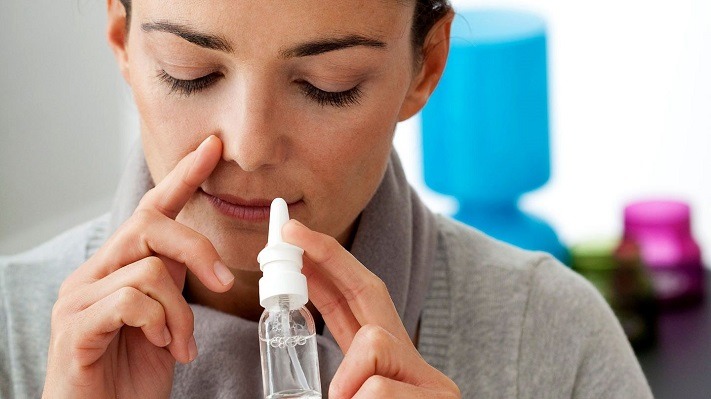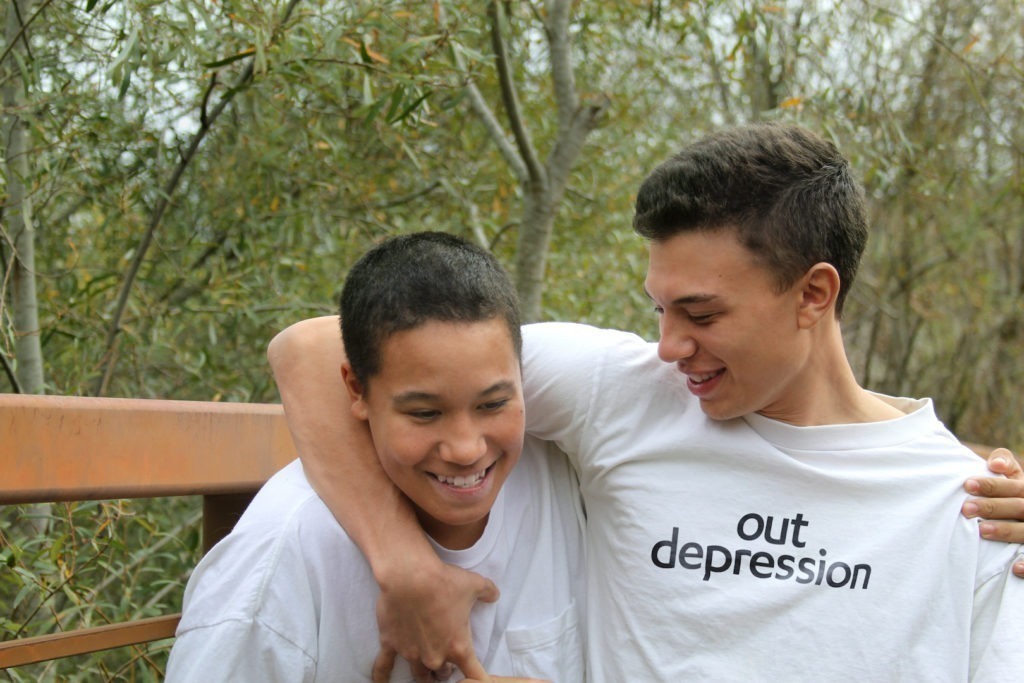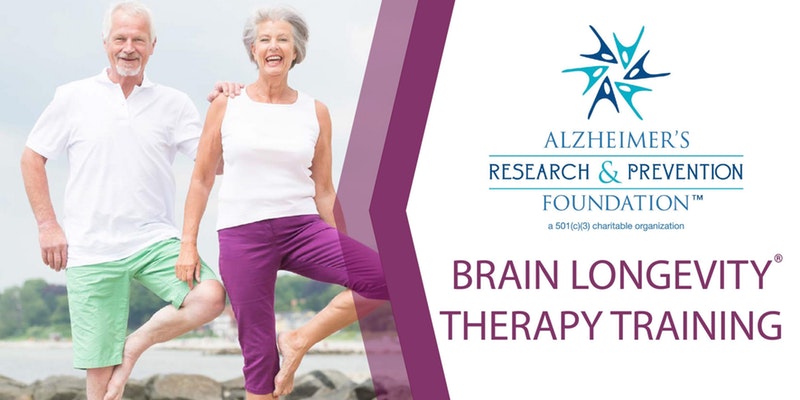Posts Tagged ‘UCLA’
Update: The placebo effect works even when people know they are taking a placebo
Welcome to a new edition of SharpBrains’ e‑newsletter, featuring 14 research findings, resources and tips for brain health … and starting with this fascinating study: #1. Wow. The placebo effect works even when people know they are taking a placebo #2. Beating Alzheimer’s Disease will require a combined physical/ mental approach: From the ten factors found…
Read MoreUCLA launches major mental health study collecting & analyzing data from Apple wearables to better understand depression and anxiety
Apple and UCLA kick off a three-year depression study (CNBC): UCLA on Tuesday said it is launching a three-year study to better understand how factors such as sleep, physical activity, heart rate and daily routines impact symptoms of depression and anxiety. UCLA is working with Apple to design the study, which will use data collected…
Read MoreTime to adopt Mindfulness-Based Cognitive Therapy (MBCT) as a public health intervention to ease depression?
___ As nearly 10,000 freshmen and transfers arrived on campus at the University of California, Los Angeles, last fall, they were invited to try something never before offered during student orientation: depression screening. The hope, administrators explained, is that by identifying their risk for depression, students can get the support they need before they face…
Read MoreNext week in LA, and online: Brain Longevity Therapy Training by The Alzheimer’s Research & Prevention Foundation
_______ Heads-up: The Alzheimer’s Research & Prevention Foundation (ARPF), a longstanding supporter of SharpBrains events and activities, will be conducting its first Brain Longevity Therapy Training — combining professional development with a certification process — next week in Los Angeles, CA (also with a livestream option). And they are generously sharing discount codes (below) for interested SharpBrains…
Read MoreReminder: Brain Longevity Therapy Training, by The Alzheimer’s Research & Prevention Foundation, to take place October 19th-22nd
_______ The Alzheimer’s Research & Prevention Foundation (ARPF), a longstanding supporter of SharpBrains events and activities, will be conducting its first Brain Longevity Therapy Training — combining professional development with a certification process — during 4 days late October in Los Angeles, CA (also with a livestream option). And they are generously sharing discount codes for interested…
Read MoreOctober 19–22nd: First Brain Longevity Therapy Training by The Alzheimer’s Research & Prevention Foundation
_______ Heads-up: The Alzheimer’s Research & Prevention Foundation (ARPF) will be conducting its first Brain Longevity Therapy Training — combining professional development with a certification process — during 4 days late October in Los Angeles, CA (also with a livestream option).
Read More



